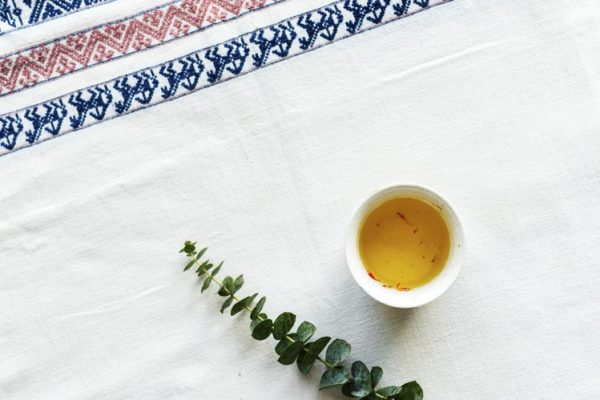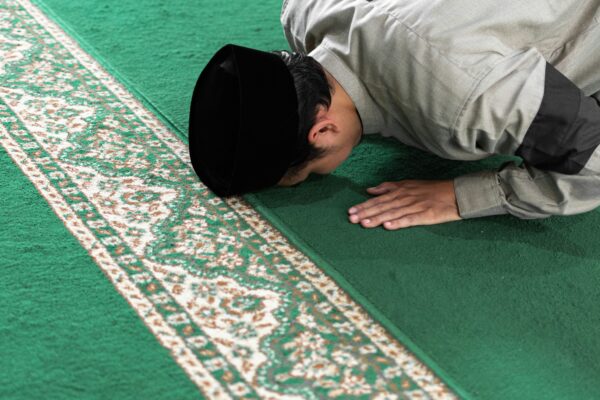“The Muslim community sees this as a racist agenda of extremist Buddhist forces that seem to hold the government to ransom. The guidelines issued by the WHO [allowing burial] is practised by Britain, most of the European countries, Singapore, Hong Kong and all the Muslim nations except for Sri Lanka.”
“The Muslim community sees this as a racist agenda of extremist Buddhist forces that seem to hold the government to ransom. The guidelines issued by the WHO [allowing burial] is practised by Britain, most of the European countries, Singapore, Hong Kong and all the Muslim nations except for Sri Lanka.”
The Muslim minority community in Sri Lanka has been in a state of shock and mourning after it emerged that two Muslim victims of COVID-19 were forced to be cremated by authorities. The community and human rights groups are now accusing Sri Lankan authorities of violating Islamic burial rites, despite the World Health Organization permitting burials for the victims of the coronavirus.
Sri Lanka has a reported 166 cases in total so far, according to the World Health Organization, with 5 confirmed deaths from COVID-19. Two of those deaths have been Muslim Sri Lankans, both of whom were cremated despite pleas from family and community members.
Fayaz Joonus, whose father was one of the two who tragically passed away and was cremated by the authorities, spoke to Al Jazeera:
My father was taken in a vehicle under the supervision of the police force and was cremated. We did some prayers outside the morgue, but it was not a Janazah that us Muslim typically do. The government needs to make arrangements for us Muslims to be able to bury our loved ones in accordance with our Islamic burial rites…cremation is not the only option, we want to bury our loved ones as per the Islamic way.”
Human rights organizations such as Amnesty International have called upon the Sri Lankan government to stop the forced cremations. The World Health Organization, the leading authority on guidelines pertaining to COVID-19, has officially allowed both cremations as well as ground burials for the victims of the Coronavirus – leaving many in Sri Lanka frustrated as to why authorities in the country insist on cremating the victims.
Amnesty International’s South Asia director, Biraj Patnaik, stated:
[Sri Lankan authorities] must respect the right of religious minorities to carry out the final rites. At this difficult time, the authorities should be bringing communities together and not deepening divisions between them. Grieving relatives of people who have died because of COVID-19 should be able to bid farewell to their loved ones in the way that they wish, especially where this is permissible under international guidelines.”
Sri Lanka’s Ministry of Health issued a statement on Tuesday about the guidelines towards the victims of COVID-19, explaining that the standard procedure for the bodies of those who have passed away from COVID-19 must be cremation. The statement also read that the bodies cannot be washed and must be placed in a sealed bag. All of this goes against the Islamic rituals of ghusul (washing and purification of the body) before burial.
Muslims in Sri Lanka, who make up around 10% of the entire population, have in recent years had a turbulent relationship with the growing conservative government, of which many claim is protecting hard-line Buddhists in a country known for its multi-ethnic and multi-religious history.
The end of the Sri Lankan civil war in 2009, which saw horrifying inter-ethnic fighting as well as extremist Buddhist groups targetting and killing Muslim civilians, continues to simmer beneath growing tensions with instances of the inter-fighting erupting up until today. The deadly attacks in April of 2019, which saw 250 people killed, saw more and more Muslims targetted by the Sinhala majority in what many are describing as open Islamophobia in Sri Lanka. The attack was blamed on a little-known Muslim extremist group, however, the accusations against the entire Muslim community went deep – only furthering the tensions that have not fully been addressed.
In regards to the government’s decision to enforce cremations in what many see as a blatant partnership with Sinhala extremists, Hilmy Ahamed, the Vice President of the Muslim Council of Sri Lanka, stated:
The Muslim community sees this as a racist agenda of extremist Buddhist forces that seem to hold the government to ransom. The guidelines issued by the WHO [allowing burial] is practised by Britain, most of the European countries, Singapore, Hong Kong and all the Muslim nations except for Sri Lanka.”
The topic of cremation is now dividing communities in Sri Lanka – Muslim communities are pointing fingers at the government’s growing Islamophobia, and state-run media is being accused of promoting “anti-Muslim hysteria” by accusing Muslims for the spread of the virus. It remains to be seen if the Sri Lankan government will reverse its decision to enforce cremations amidst the growing tensions.
Nalaka Gunawadenne, a media analyst in Sri Lanka, expressed his fear at the rise in anti-Muslim hate speech in the country: “This is a national and global emergency shared by all humans, and not a time highlighting our cultural divisions. The coronavirus does not care about our ethnic or religious differences. We need to fear the virus – not each other – and unite in containing and battling the disease”.
As the COVID-19 pandemic continues to disrupt and halt life across the globe, it remains to be seen whether serious issues like the abuse of religious minority rights in Sri Lanka will be overlooked amidst the chaos.





